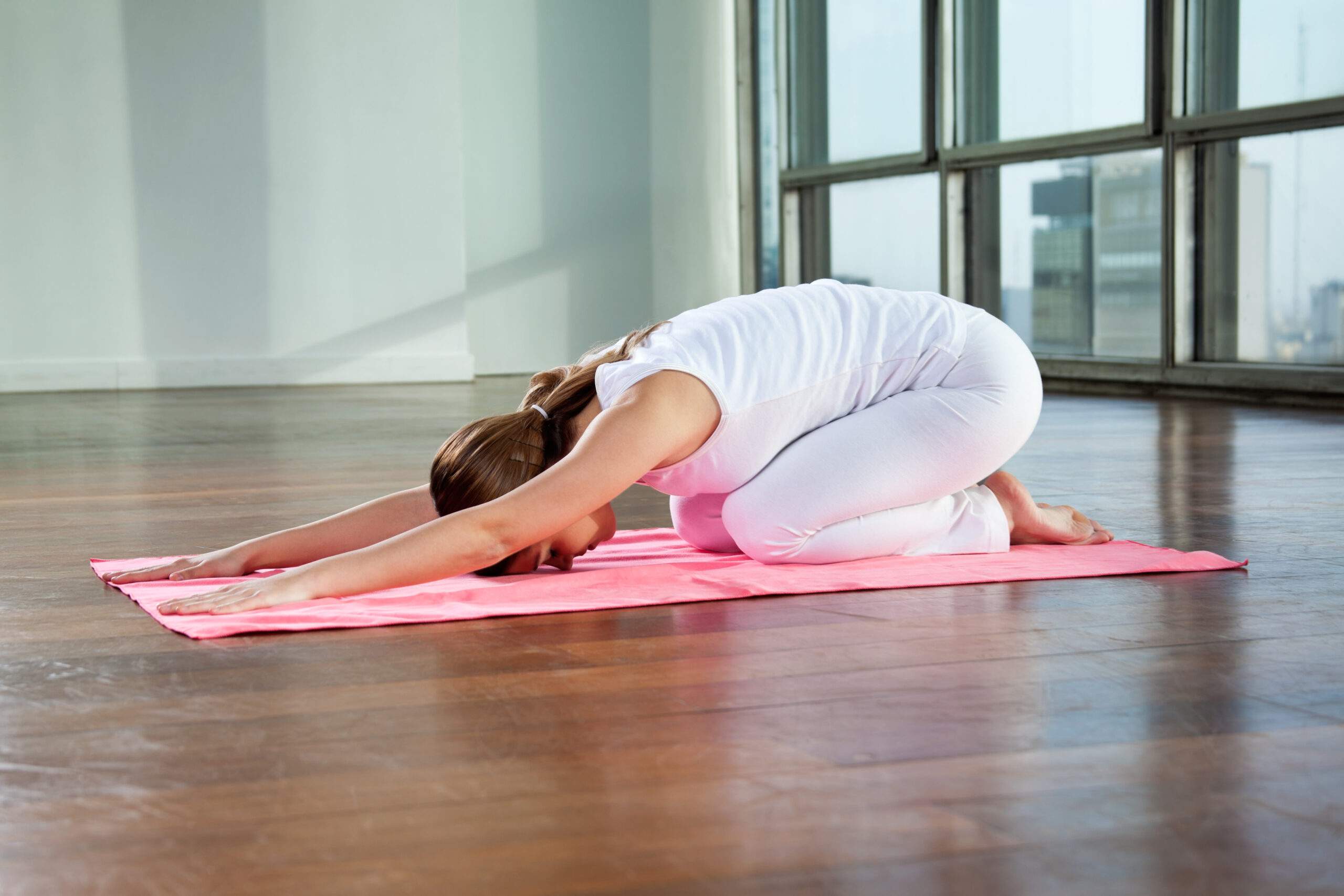I’ve noticed lately that I often wake up at night with my ankles crossed. That might not seem much of a revelation, but I’m working to pay particular attention to the subtle ways I unconsciously tighten, slump and close off my body from its surroundings. I have a tendency to pull away or wall off from unpleasant events, and this expresses itself physically as well as mentally. I’ve found that I can start to undo this habitual pattern by practicing openness, gentleness and letting go of tension. Such as uncrossing my ankles when I wake up at night…
Our society categorizes conditions like depression and anxiety primarily at a mental level. I used to buy into that, believing that if I could only persuade my thinking mind to behave differently, I would no longer be prey to them. I now look at things rather differently, to the point where I no longer use terms like “mental health problems”: words and phrases that emphasise well-being as a “head-based” condition don’t much correspond to my experience. Indeed, by crystallizing them into fixed diagnostic criteria, I suspect that, for me at least, they help make a self-perpetuating story out of temporary, sensory data.
I’m working to pay particular attention to the subtle ways I unconsciously tighten, slump and close off my body from its surroundings.
I do think depression is a good description of what goes on for me sometimes, although the word has become so associated with “mental illness” that I rarely use that word either. Letting go of that association, “De-pression” evokes the sense of closing down and tightening that I experience in my body when I feel vulnerable to attack. Like a prodded amoeba, I instinctively withdraw to protect myself. Unfortunately, this withdrawal is in itself unpleasant, and most of the things that activate it aren’t solved as a result—it’s an old, habitual reaction that doesn’t serve me.
The practice of mindfulness has revolutionized the way I handle this. I used to panic, frantically ruminating about how I could escape from the pain. I blamed myself for it, fought it, pleaded with it to go away, had it medicated, tried to shake it off or run away from it, and asked other people to remove it. Unfortunately, like a victim of a boa constrictor, I found that every twist and turn seemed to further tighten its hold. The idea that I might accept the feelings of constriction, gently letting them be without trying to strive for a way out, seemed wholly counter-intuitive. However, as I learned to do just this in meditation, I was astonished to find the grip of depression started to loosen by itself.
Nowadays, when I feel my body tightening, I also practice softening, opening up, and breathing into the areas of physical tension, as well as having a sense of offering whatever loving-kindness I can muster to myself and others. It’s not a miracle cure, but gradually I’ve noticed that it seems to help my body feel like a less claustrophobic place to be, even in the midst of inner contraction. It also seems to shorten the time-span of the depressive episode.
My thinking has changed too—it’s much less often that I beat myself up with negative self-talk, but the body patterns seems to come from a deeper level—more ancient, more deeply ingrained (this is perhaps not surprising, given that emotional reactions are driven by the limbic system, which evolved earlier than the rational, thinking parts of our brain).
Nowadays, when I feel my body tightening, I also practice softening, opening up, and breathing into the areas of physical tension, as well as having a sense of offering whatever loving-kindness I can muster to myself and others.
Attention to the body is a key mindfulness practice, and yet it’s something that most of us in the West continue to resist. How instructive it is that we use the word mindfulness in English, when in many Eastern traditions the equivalent terms might be better translated as heartfulness. Even with meditation practice, we don’t want to feel our hearts, to be in our bodies. We reify the mind and the brain, and yet most of our experience happens below the neck.
That’s why what I’m doing nowadays is as much bodyfulness as mindfulness. Remembering to uncross my ankles, drop my shoulders, open my chest, uplift my spine and ground my feet have had as much, if not more impact on my life as letting go of self-critical thinking. These practices not only bring awareness back into my body, helping restore balance to my being, but they seem to be loosening the bonds of habitual depression on a very physical level.
What’s your experience of the body dimension in mental health and mindfulness? You’d be very welcome to share comments below…






